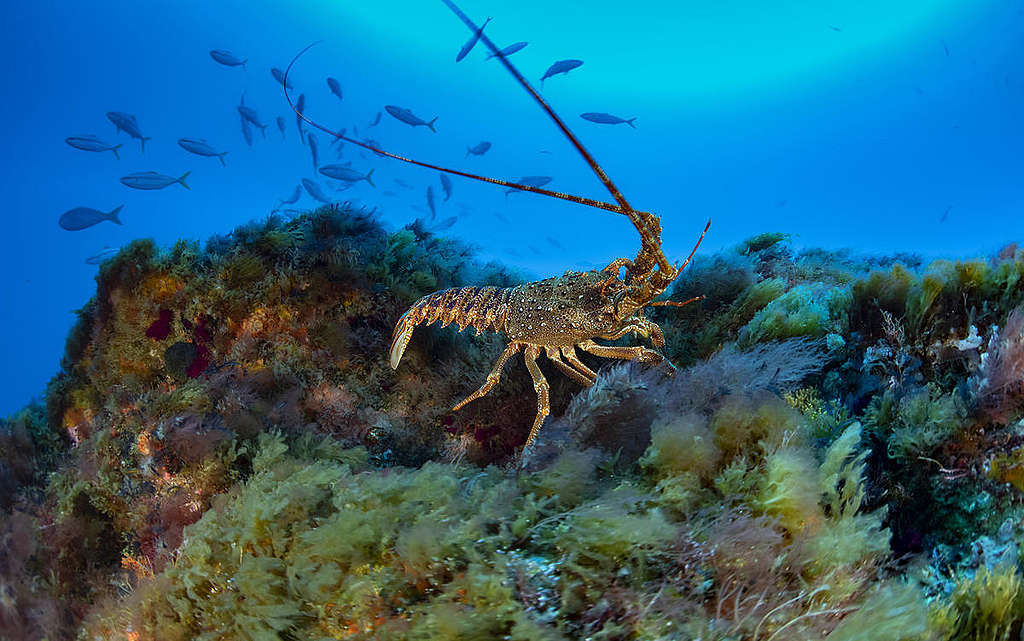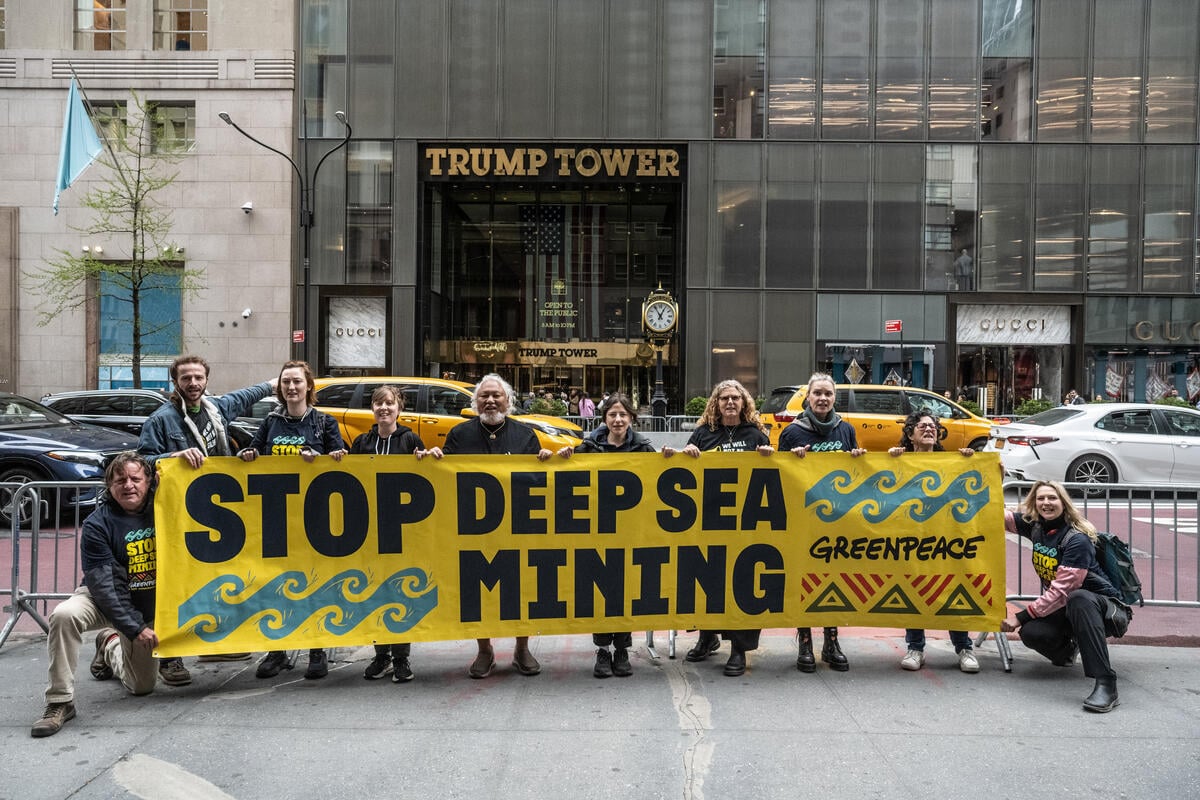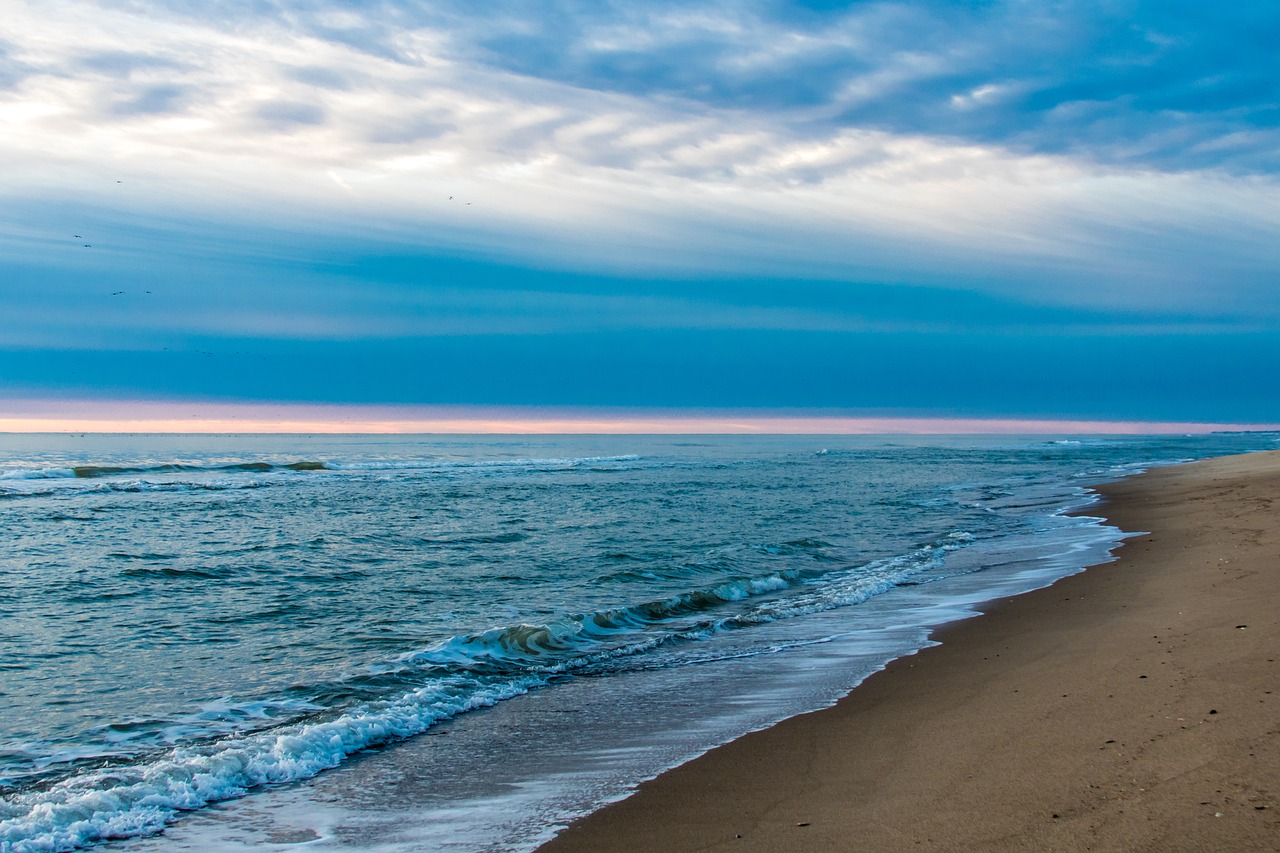Killing whales for food has been happening for millennia. But it was commercial whaling – turning whales into barrels of oil for profit – that led to the wholesale destruction of most of the world’s populations of big whales.The loss of whales from our oceans is the same story as overfishing of big fish – sharks, tuna, cod and others. It’s a tragedy for the species and has immense knock on effects across the ocean. We know that whales are important for the oceans, and we know that as long-lived, slow-growing animals they are much more susceptible to over-fishing than actual fish.
But there is some good news for whales. We have seen many populations showing signs of recovery since hunting was stopped. Whales are being found in greater numbers and seem to be reclaiming habitats they’ve been missing from for decades if not centuries. In the same way that recovering fish stocks generate cries of ‘let us catch more!’ from fishermen, the question now is – are some whales numerous enough that we can hunt them?
Well, here are ten reasons why we shouldn’t.
1) We don’t know how well whales are recovering, because we don’t know how manythere once were or ‘should be’.
2) We are still learning about whales, amazingly ‘new’ species like the dwarf pygmy whale, Omura’s whale, and species of beaked whale have only been discovered the last few decades.
3) We now know that some whales have and pass on forms of ‘culture’, including humpbacks’ songs and orcas’ feeding strategies – whaling could have more impact on populations than sheer numbers.
4) Whales are necessary for healthy oceans, mixing, distributing nutrients and helping deal with the impacts of climate change.
5) Whales are full of persistent toxins, like mercury and PCBs. As long-lived and slow-growing animals they ‘bioaccumulate’ these in their blubber. This causes them problems when fighting disease and breeding, and can also makes them toxic if eaten.
6) We’re killing whales indirectly every day – including ship strikes, fisheries entanglement, military & seismic testing. We are also displacing whales more and more, by industrial developments, destroying habitats, and filling the ocean with noise.
7) Whales don’t understand national boundaries, and most species migrate in and out of different countries’ waters.
8) We don’t know what the ongoing impacts of climate change on ocean life, including whales and their prey, will be.
9) Commercial whaling, as with commercial hunting of virtually every large mammal or fish species has inevitably led to over-exploitation.
10) We simply don’t need to. Commercial whaling in its hey-day was about oil production, not meat production. There is no demand for whale meat – and even where whale meat is sold to be eaten it’s a peripheral, small and declining industry, and makes no economic sense.
Whales today live in degraded oceans, depleted and fractured populations, and face a growing barrage of human threats. Given all of that we have to treat any notion of ‘recovery’ in an extremely precautionary way.
Commercial whaling is the one human threat to whales we can, and should, simply consign to history – the world’s remaining whale populations have enough to contend with. So let’s get on with talking about whale conservation instead.




